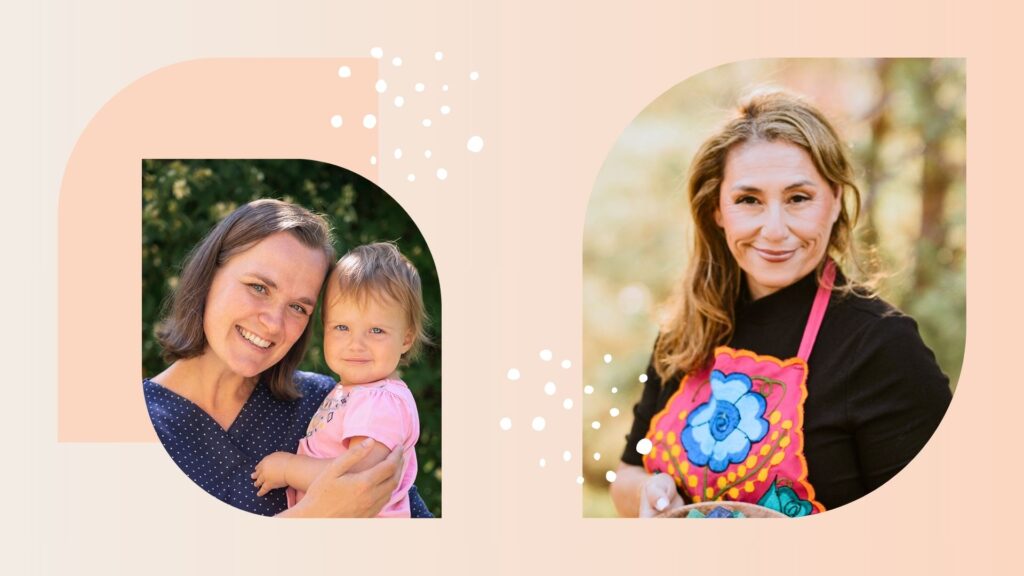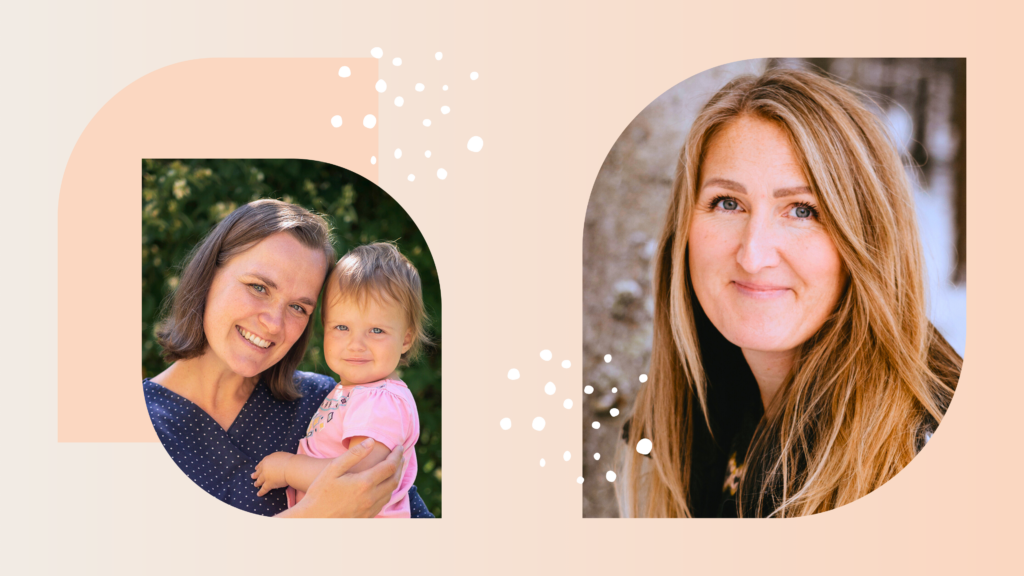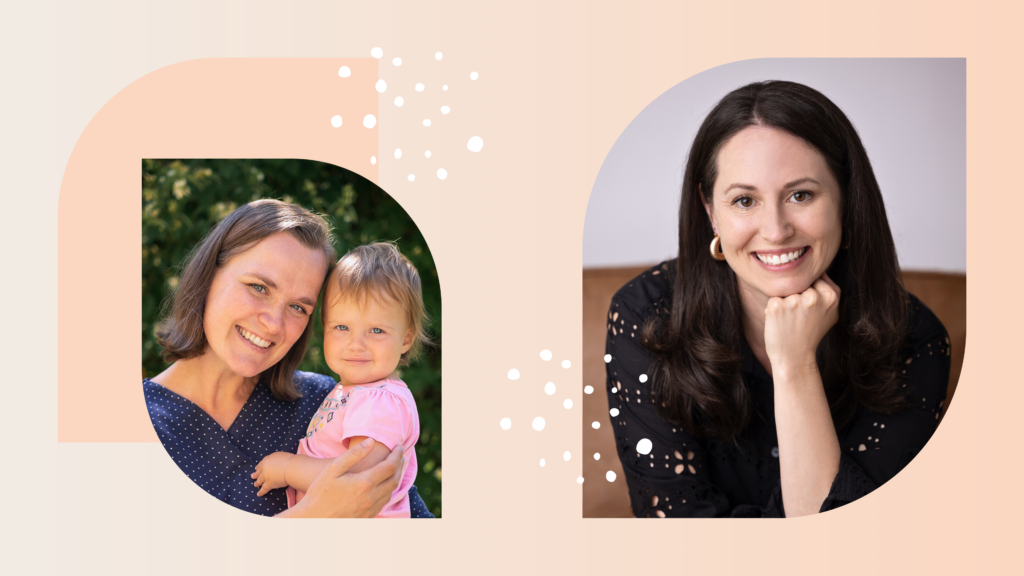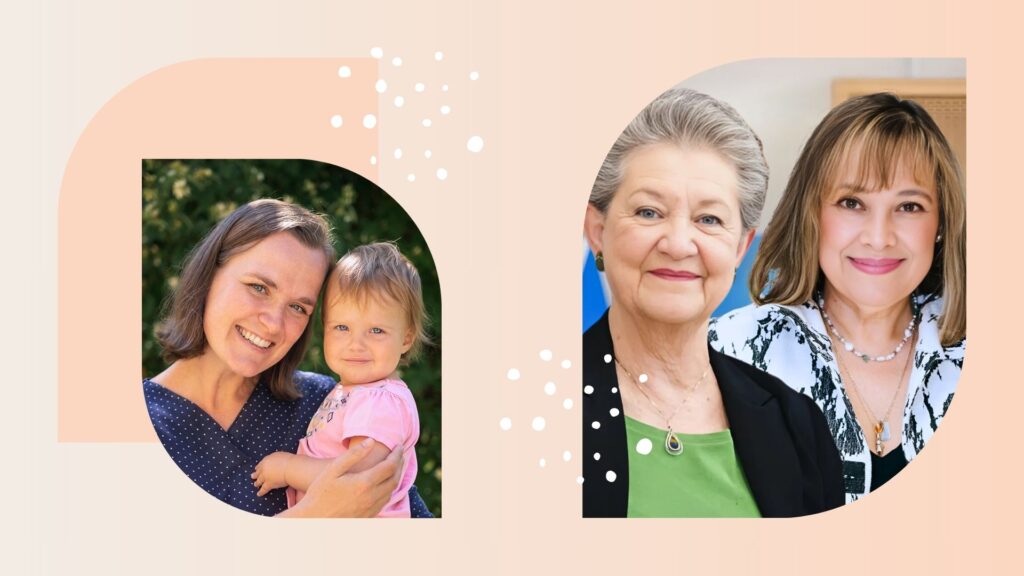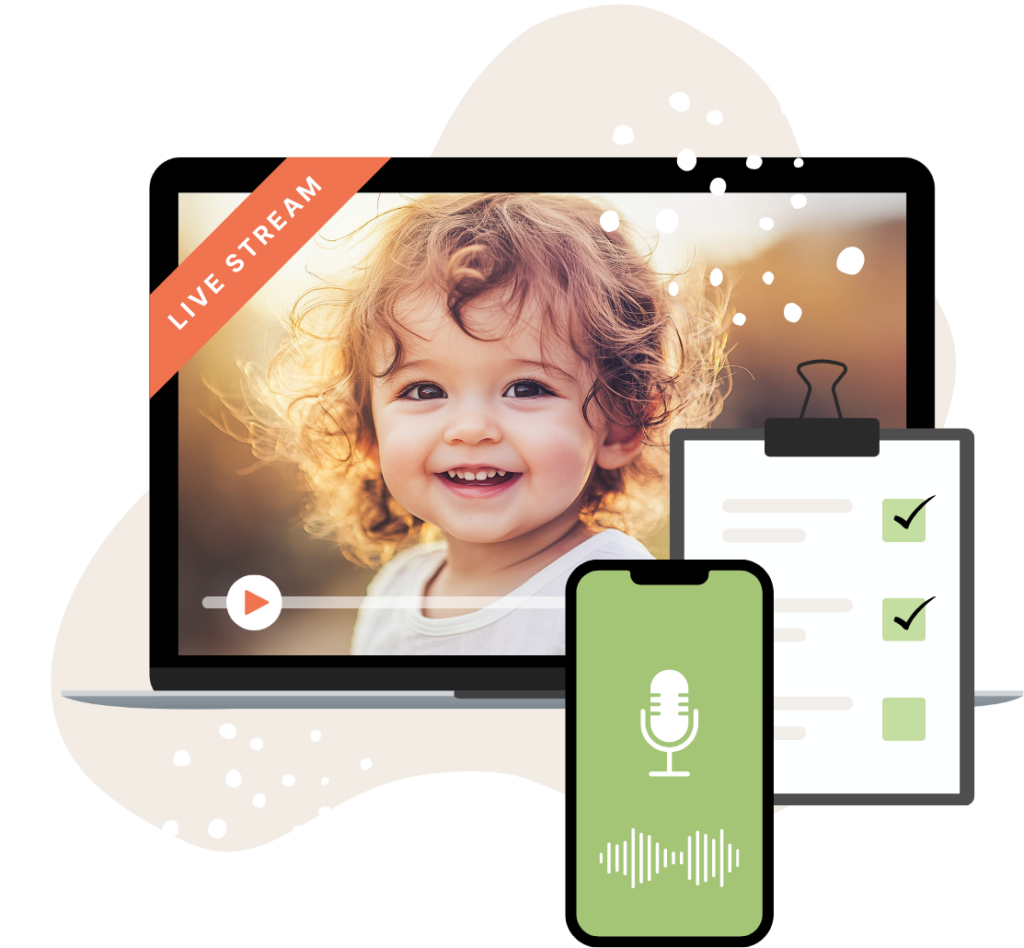What helps a child become confident, self-driven, and resilient—not just in the classroom, but in life?
In a powerful LiveTalk with our community, Dr. William Stixrud, a clinical neuropsychologist and co-author of The Self-Driven Child, shared his insights on one of the most important (and often overlooked) pieces of early development: a child’s sense of control. His approach is backed by decades of research and rooted in what we also deeply value in Montessori—the belief that children thrive when they feel capable, trusted, and respected.
To watch the full video visit our Childhood Potential Club.
Why a Sense of Control Matters So Much
According to Dr. Stixrud, a sense of control isn’t a luxury—it’s a basic need. When children feel that they have some agency in their lives, they’re better able to cope with stress, bounce back from setbacks, and stay engaged in learning and life. On the flip side, when kids feel constantly over-directed, pressured, or helpless, we’re more likely to see anxiety, resistance, or even shutdown behavior.
This need for control doesn’t mean letting go of boundaries—but it does mean helping children feel like their voice and choices matter.
How Montessori Supports Autonomy from the Start
One of the most affirming parts of Dr. Stixrud’s message is how closely it aligns with Montessori principles. A Montessori environment is built around trust in the child. The setup itself invites independence—children are free to choose their work, move at their own pace, and make real decisions within clear limits. This combination of freedom and structure gives them exactly what they need: a sense that they’re in charge of their own learning.
When a child learns they can get their own snack, care for the space, or return work to the shelf without being told? That’s autonomy in action.
What the Research Says
Dr. Stixrud shared one study that really stuck with us. In an experiment with rats (yes, rats!), those that could control when a mild shock ended by turning a wheel were much more resilient to stress than the ones who had no control at all—even though both groups experienced the same shock.
It’s a striking metaphor: it’s not the stress itself that causes the long-term problem—it’s the lack of control. When kids feel they can influence what happens to them, even in small ways, they’re far more likely to feel calm, focused, and capable.
Motivation Comes from Within
So often, we focus on how to get kids to do things—clean up, cooperate, learn. But Dr. Stixrud reminds us that true motivation doesn’t come from rewards, praise, or pressure. It comes from within.
When children believe their effort matters, that they’re capable of making progress, and that they’re in charge of what they do? That’s where motivation thrives. He speaks about concepts like intrinsic motivation, growth mindset, and the “flow” state—not as buzzwords, but as real, research-backed experiences that grow when children are trusted to lead their own learning.
Discover practical, easy-to-implement strategies to gently navigate your child’s emotional outbursts, while maintaining your own sense of calm.
What This Looks Like at Home and in the Classroom
Dr. Stixrud encourages parents and educators to shift from being “managers” to “consultants.” That means offering support, guidance, and reflection—but letting children lead where they can. For parents, it could look like asking, “What’s your plan?” instead of giving instructions. For educators, it could mean stepping back and observing more, correcting less.
It also means focusing on connection over correction. When kids feel deeply seen, safe, and emotionally connected, they’re more open to guidance—and more likely to trust themselves too.
The Bottom Line
What Dr. Stixrud offers is a gentle but powerful reminder: our kids don’t need us to do everything for them. They need us to believe in their ability to do it for themselves. When we support their autonomy early on, we’re not just making life smoother in the toddler years. We’re giving them a foundation that supports everything to come—from how they handle friendships and frustration in elementary school to how they cope with stress and stay motivated as teens and adults.
This LiveTalk was a favorite inside our community, and for good reason—it’s a shift in mindset and in practice. If you’re not yet a member, this is just a small glimpse of the kinds of grounded, practical, and truly helpful support we offer. Because raising self-driven humans isn’t about having all the answers. It’s about learning to trust the process—and your child—every step of the way.
About Dr. William Stixrud
William R. Stixrud, Ph.D. is a clinical neuropsychologist, founder of The Stixrud Group, and faculty at Children’s National Medical Center and GWU School of Medicine. He’s best known as the co-author of the bestselling book The Self-Driven Child, now translated into 20+ languages and with over 1 million copies sold. Dr. Stixrud has also co-authored What Do You Say? and an upcoming workbook, The Seven Principles for Raising a Self-Driven Child. His work has been featured by major media outlets including NPR, CNN, The New York Times, and Time. A longtime advocate for stress management, he also practices Transcendental Meditation and plays in a rock band.


